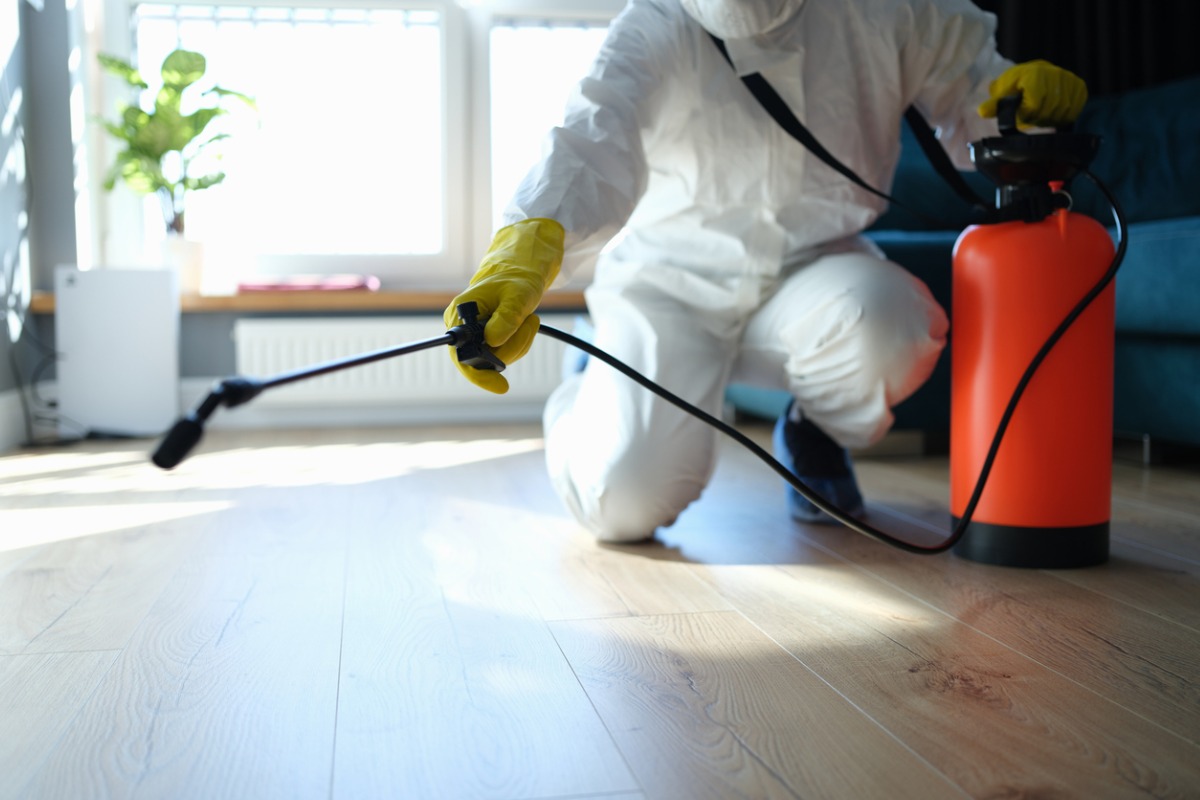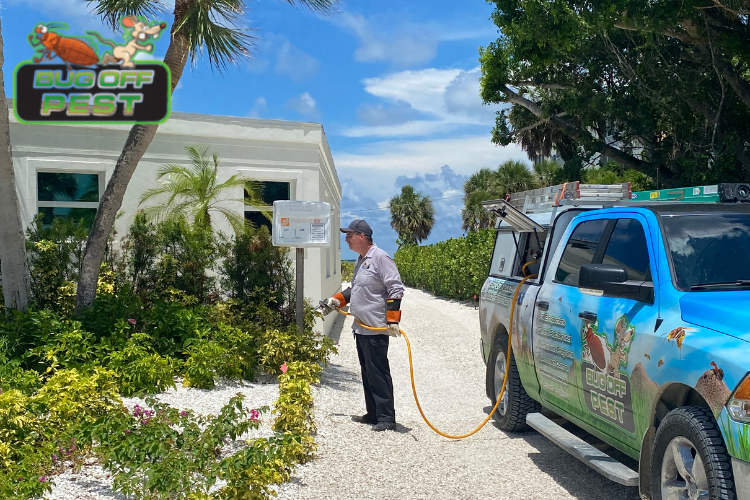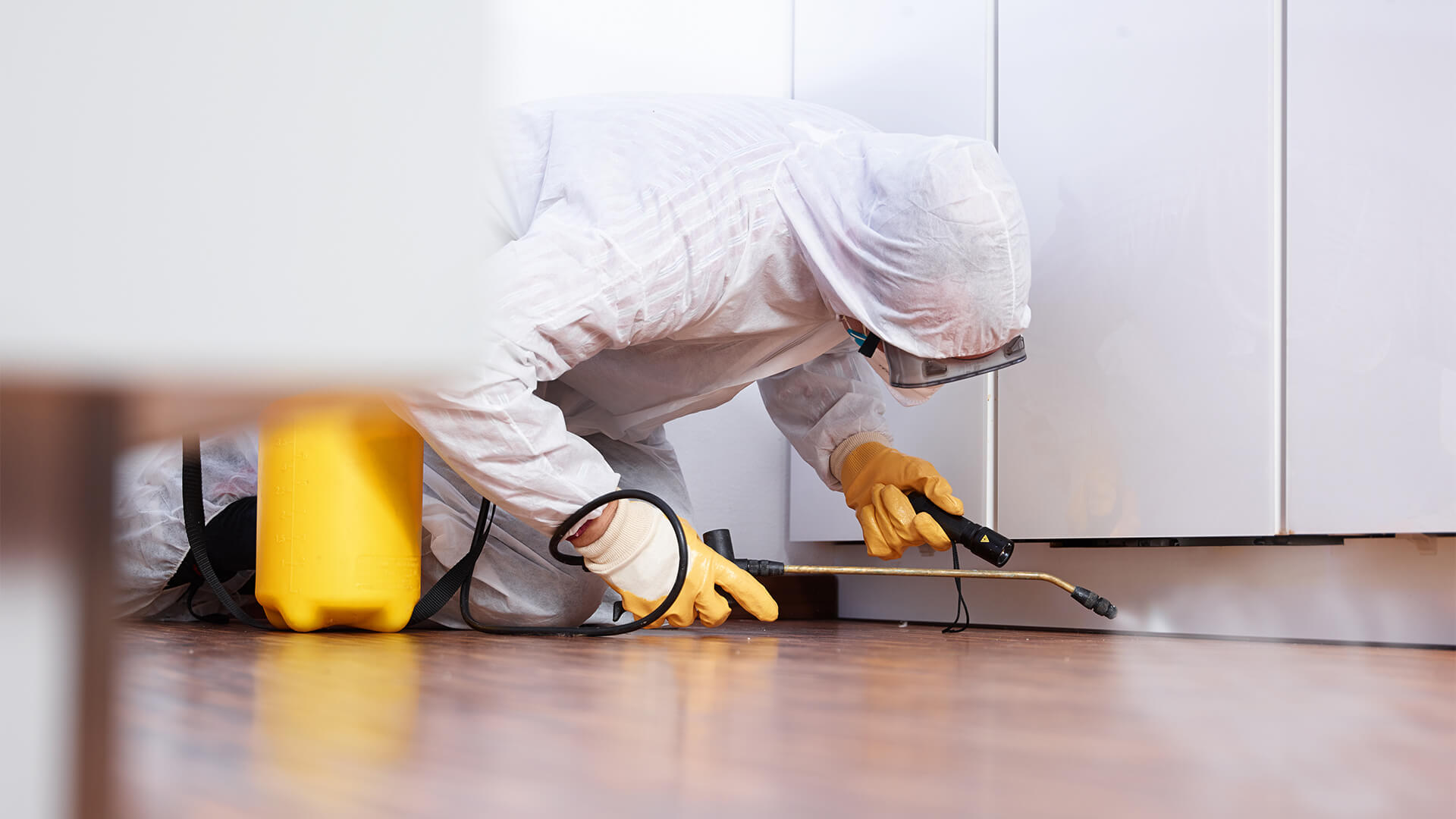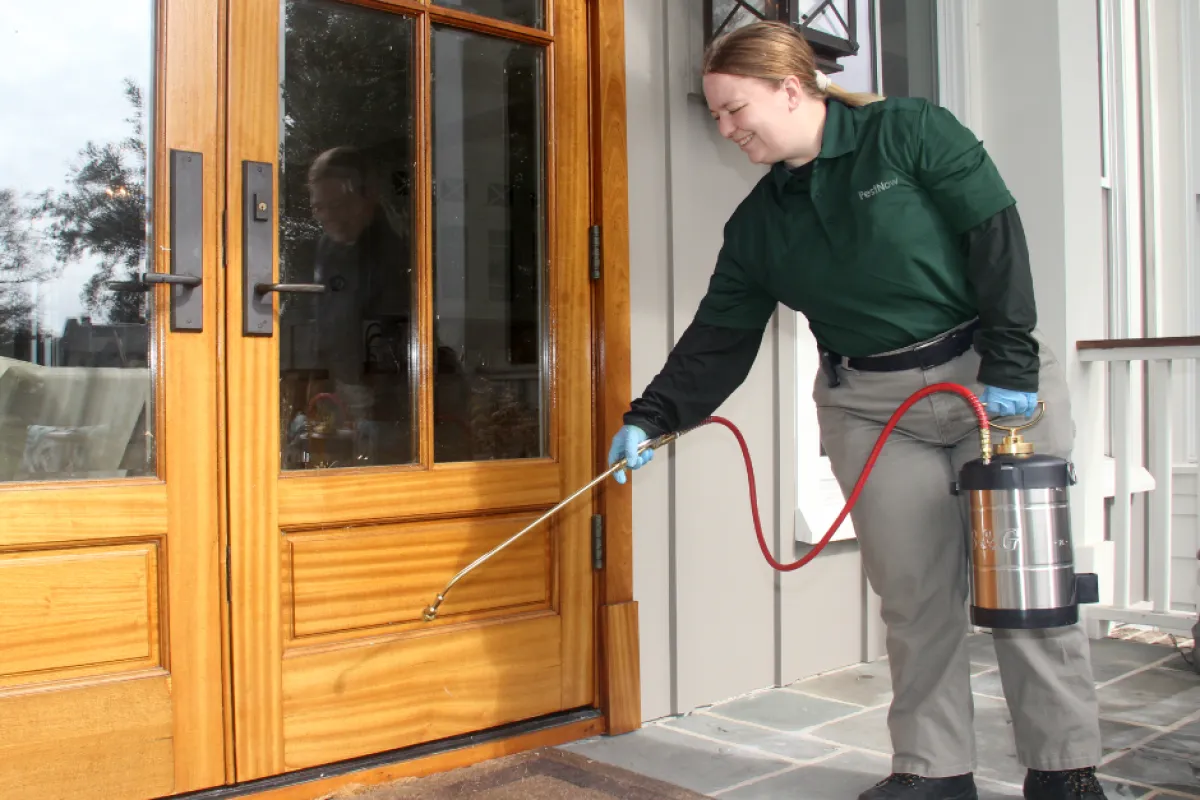Quick and effective Pest Control in Port Charlotte for your comfort.
Quick and effective Pest Control in Port Charlotte for your comfort.
Blog Article
Checking Out Ingenious Methods and Products for Efficient Parasite Control
The landscape of pest control is evolving, marked by the appearance of ingenious methods and products designed to enhance efficiency and sustainability. From smart traps equipped with sophisticated surveillance systems to organic techniques that utilize natural killers, these advancements present a standard change in exactly how we approach pest management.
Smart Traps and Keeping Track Of Systems
How can modern-day innovation improve insect management? One substantial innovation is the advancement of smart catches and monitoring systems, which offer real-time data and analytics for reliable insect control. These systems utilize sensing units and wireless technology to detect parasite activity, notifying residential property managers and parasite control experts to infestations prior to they escalate.
Smart catches are geared up with features such as lure stations that bring in bugs and capture them effectively. These traps can be checked remotely, permitting prompt interventions and lessening the need for considerable chemical applications. Additionally, the integration of artificial intelligence formulas makes it possible for these systems to distinguish between target pests and non-target species, improving the accuracy of insect control actions.
In addition, the information collected from smart traps can be analyzed to identify patterns in pest behavior and environmental elements adding to invasions (Pest Control in Port Charlotte). This information is vital for establishing targeted bug administration strategies customized to particular atmospheres. By accepting smart catches and checking systems, bug control experts can enhance their operational efficiency and reduce the ecological influence of parasite administration, eventually causing much safer and much more sustainable techniques in the market
Biological Pest Control Methods
Utilizing all-natural killers and parasites, biological parasite control approaches provide an ecologically friendly alternative to chemical therapies. This method involves the introduction or improvement of particular organisms that can normally control bug populations, thereby lowering reliance on synthetic chemicals. Common instances include the usage of ladybugs to manage aphid infestations and parasitical wasps to target caterpillars.

Biological control can be categorized right into three major techniques: timeless, augmentative, and conservation. Classic organic control includes importing all-natural adversaries from the bug's indigenous habitat, while augmentative control includes raising the population of existing all-natural enemies with launches. Preservation strategies focus on creating problems that support these beneficial organisms in the ecosystem.
It often calls for an extensive evaluation of insect dynamics and the life cycles of both the pests and their all-natural opponents. As awareness of environmental problems expands, biological parasite control methods are increasingly recognized for their sustainable function in integrated parasite monitoring programs.
Eco-Friendly Chemical Alternatives
Environmentally friendly chemical alternatives provide a sensible solution for bug administration more info here that decreases ecological impact while effectively controlling bug populaces. These choices are derived from all-natural sources and are thoroughly formulated to target specific parasites without damaging advantageous microorganisms, making them an essential part of lasting pest control approaches.
Among one of the most reliable environment-friendly alternatives are plant-based insecticides, such as neem oil and pyrethrin, which are stemmed from the seeds and flowers of various plants. These substances interrupt the life cycles of parasites, reducing their click over here populations without the harmful effects connected with standard pesticides - Pest Control in Port Charlotte. Additionally, essential oils like peppermint and clove oil display repellent properties, further improving their energy in insect monitoring

In addition, environment-friendly chemical alternatives frequently damage down faster in the atmosphere, decreasing the risk of soil and water contamination. This characteristic aligns with the increasing customer need for lasting methods in farming and metropolitan parasite control. As research continues to advance, the development of innovative environmentally friendly formulations will certainly further improve efficiency and widen application areas, enabling pest management specialists to take on greener, much more accountable techniques in their methods while guarding human health and the environment.
Scent Disturbance Methods
Another cutting-edge strategy in sustainable pest monitoring is making use of scent disruption techniques. These techniques make use of the natural chemical signals, or pheromones, that insects use for interaction, particularly in breeding behaviors. By disrupting these signals, parasite populations can be successfully handled without turning to hazardous chemicals.
Pheromone traps are commonly used in this strategy. These catches make use of artificial versions of insect pheromones to entice male insects, consequently lowering their ability to situate women and replicate. In time, this can bring about a significant decline in parasite populations. Furthermore, the launch of repellent scents can produce complication amongst insects, better hindering their breeding processes - Pest Control in Port Charlotte.

Integrated Insect Administration Strategies
Reliable bug control usually requires an extensive method, and Integrated Pest Management (IPM) approaches give a structure for achieving this objective. IPM incorporates numerous management methods to minimize pest populations while minimizing reliance on chemical pesticides. This diverse approach begins with thorough tracking and recognition of parasites, enabling for targeted interventions based on certain bug stress.
Social practices, such as plant turning and sanitation, play an essential duty in avoiding bug facility. Organic controls, consisting of all-natural predators and parasitoids, are employed to keep parasite populations at convenient levels. When required, discerning chemical therapies are used, highlighting reduced poisoning to non-target species and the atmosphere.
By using this all natural method, IPM not just boosts bug control efficiency but also contributes to long-term eco-friendly balance. Inevitably, Integrated Parasite Monitoring represents a hop over to here forward-thinking option that aligns farming efficiency with environmental stewardship, making it vital in contemporary parasite control approaches.

Conclusion
In final thought, the integration of cutting-edge strategies and items for reliable parasite control represents a substantial innovation in lasting insect management. Smart catches and keeping an eye on systems, biological bug control techniques, environment-friendly chemical alternatives, and scent interruption methods collectively enhance the performance of bug management approaches.
Report this page